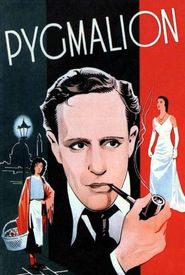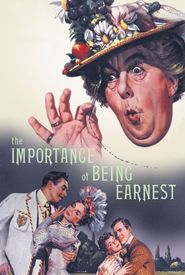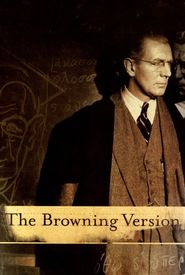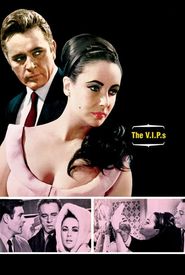Anthony Asquith was born on November 9, 1902, to H.H. Asquith, the Chancellor of the Exchequer, and his second wife. His father, a former home secretary and future leader of the Liberal Party, served as prime minister of the United Kingdom from 1908-1916 and was subsequently elevated to the hereditary peerage.
Anthony was called Puffin by his family, a nickname given him by his mother, who thought he resembled one. He was also known by this name throughout his life.
Asquith was active in the British film industry from the late silent period until the mid-1960s. He was a highly respected director, known for adapting plays for the screen, and had a long and successful career.
Asquith's first love was music, but he lacked musical talent. He channeled his artistic ambitions towards the nascent motion picture and was instrumental in the formation of the London Film Society to promote artistic appreciation of film.
Asquith traveled to Hollywood in the 1920s to observe American film production techniques and after returning to England, he became a director. Among his best-known films is Pygmalion (1938),an adaptation of George Bernard Shaw's stage play, which he co-directed with its star, Leslie Howard.
Asquith had a long professional association with playwright Terence Rattigan and two of his most famous and successful pictures were based on Rattigan plays, The Winslow Boy (1948) and The Browning Version (1951).
Asquith's most successful postwar film was arguably his adaptation of Oscar Wilde's play The Importance of Being Earnest (1952). More than a half-century after it was made, Asquith's film remains the best adaptation of Wilde's work.
Asquith was directing Hollywood-style all-star productions, including The Yellow Rolls-Royce (1964) and The V.I.P.s (1963),both from screenplays by Rattigan. He died on February 20, 1968, at the age of 65.
The British Academy Award for best music is named the Anthony Asquith Award in his honor.


















































